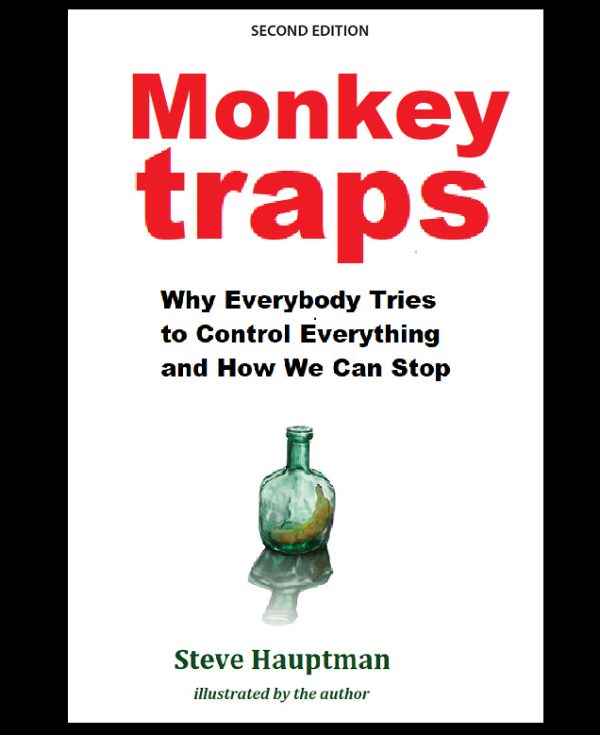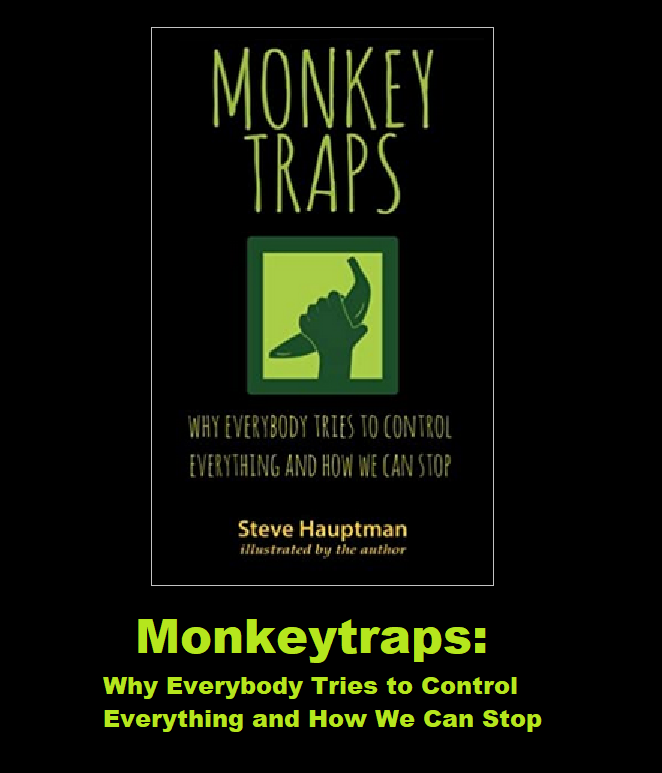June 27, 2014
Twelve truisms
Over time every therapist develops a set of working assumptions that he or she brings to each new case.
Here are some of mine:
1. It is healthier to express feelings than to hide them.
2. Unexpressed feelings lie at the root of all emotional problems.
3. Secrets make us sick.
4. Problems in current relationships tend to echo problems in past relationships.
5. What we don’t get from our parents we will seek from our partners.
6. Being deprived in childhood of attention, acceptance, approval or affection leaves us chronically hungry for the same thing as adults.
7. When trying to understand some feeling or behavior, look for the underlying unmet need.
8. When deciding what you truly need, trust the body more than the mind.
9. There is no such thing as a totally grown-up human being.
10. The greater your need to control things in your life, the less in-control you’re likely to feel.
11. The more you try to control other people, the more you force them to control you back.
12. The price of more control in one part of your life is less control in another.






June 27th, 2014 at 3:41 pm
Could you expand upon trust the body more than the mind?
June 27th, 2014 at 4:15 pm
The body is where feelings live.
And the function of feelings is to inform us about what we’re experiencing.
By “feelings” I mean both physical sensations (hunger, fatigue, pain) and emotional reactions (mad, sad, glad, scared).
Attending to these cues is essential to physical and emotional health — to knowing what we need and taking effective steps towards getting it.
Yet each of us is trained to ignore these essential messages on a regular basis.
Don’t pee in your pants, find a toilet. Don’t eat that, it’s not dinner time. Big boys don’t cry. Don’t take that tone with me, young lady. Stop giggling, you’ll disturb people. You can’t nap now, the workday’s not over. Never let them see you sweat.
This is called socialization, and our living together with other people makes much of it unavoidable.
But if we become overadapted – get too good at obeying social cues, and regularly ignore messages from our animal bodies – we end up needy, sick and cut off from ourselves.
Or as John Conger writes, “Many of us have lived like renters in a small room of a house we consider barely habitable. Disembodied, we have dangerously compromised the fabric of nature that supports us.”
So any effective therapy must teach people to listen to their bodies, and base more of their choices on what they hear.
June 29th, 2014 at 9:58 am
[…] reader responded to Twelve Truisms by asking me to explain […]